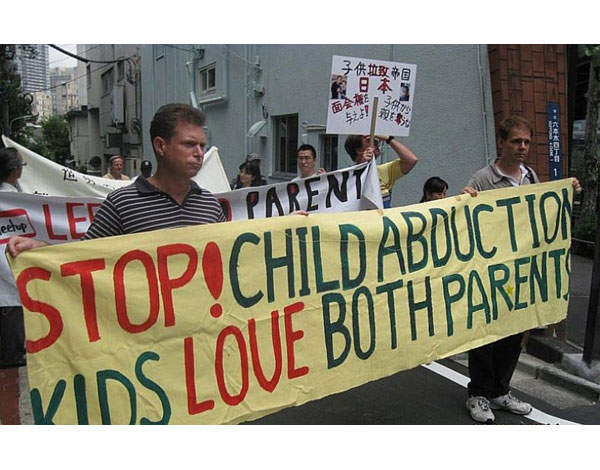

On 1 April 2014 Japan formally acceded to the Hague Convention on international child abduction. Japan had been subject to significant international pressure from the 90 countries around the world who were already signatories.
Those countries have pledged to assist a remaining parent in bringing a child back to the original jurisdiction so that a court can properly decide whether it is in the child’s interest to make that move.
The convention sets out the rules and procedures for one parent to request the return of a child who has been taken (or ‘abducted’ as it is formally termed) by the other parent from their country of residence. The idea is to safeguard children who, in the midst of a family breakdown, are often removed to the mother’s or father’s country of origin. Contrary to popular belief, mothers are more likely than fathers to abduct their children.
The fact that Japan has joined the Hague Convention countries highlights the complexity of relationships and the increasingly international aspect of family life. In London, for example, it is now quite rare to find two English nationals married to each other with absolutely no links to a foreign country in respect of their origin, family background or indeed assets.
According to the Foreign and Commonwealth Office, the number of parental child abduction cases has more than doubled over the last decade, with two children being abducted each day.
The difficulties this causes are manifold. Often the parent removing the child does so by stealth, and moves quickly. A very common way of removing a child is for parent and child to leave the UK on the ruse of going on holiday and then fail to return at the end of the holiday, perhaps even going into hiding.
In England and Wales the law requires a parent seeking to permanently remove a child from the jurisdiction to obtain the approval of the remaining parent, or alternatively to obtain a court order to allow them to do so.
There are strict requirements to be met by the parent seeking to relocate. It is important for that parent to ensure that they have a detailed and well thought out plan for their move, eg where they will live, employment, schooling and, importantly, what benefits there are for the child in being taken to that country.
The court will not be sympathetic to the application if it thinks that it is a disguised attempt to frustrate contact with the remaining parent. Many factors come into play; if the child is old enough, their views and wishes will be ascertained. The court will also consider the quality of the child’s relationship with the remaining parent and the effect that relocation would have on that relationship.
The removal can often shatter a child’s relationship with the remaining parent. It is one thing to have a child relocate to France, where at least regular contact is still possible, and quite another to have a child taken to, say, Australia or the Far East. The court will be keen to ensure that the remaining parent is given every opportunity to have a role in the child’s life, as it is clearly in the child’s best interest for that relationship to continue.
Whichever country the child moves to, the relationship between the remaining parent and child can never be the same; the weekly contact visits and weekend sleepovers with the remaining parent will cease, and be replaced, perhaps, by contact during school holidays, phone calls or, more likely these days, Skype calls.
Skype of course brings its own issues. While it has a place, and sometimes a valuable one with children of a certain age, young children can often find it frustrating, particularly if the arrangements on Skype contact are rigidly enforced. In a competition between watching Peppa Pig on TV and sitting still by a computer waiting for Daddy to appear, there are no prizes for guessing who will win.
The scale of the problem is probably best illustrated by the fact that the Foreign and Commonwealth Office have added a video to their website dealing with child abductions by parents entitled ‘Caught in the middle’. It is a moving and realistic account of children in this situation.
We teach our children to be aware of ‘stranger danger’, but when it is ‘mommie dearest’ who is responsible for abducting the child the situation is far from straightforward.
Teresa Cullen is a partner at Fladgate LLP






